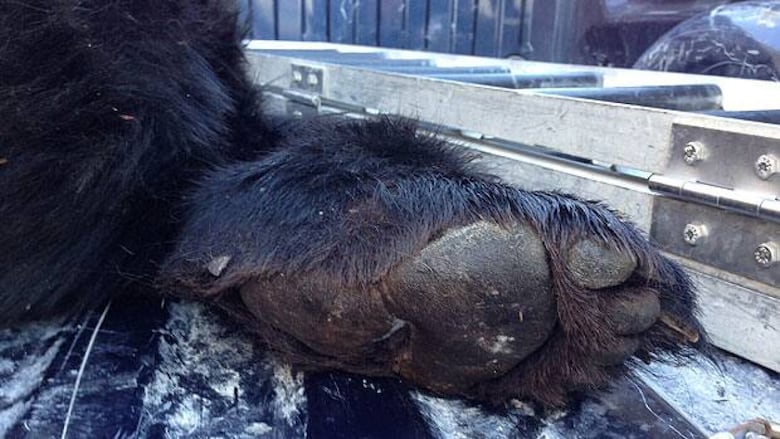Wildlife poachers face stiffer fines in Manitoba
Restitution for illegally killing deer, black bears, walleye and other species to be added to fines

Manitoba is cracking down on poachers by adding restitution payments on top of fines.
The province will become the first in Canada to take that step for anyone convicted of poaching wild animals or fish.
These new restitution fees have been established for deer, elk, moose, black bear, walleye, northern pike, sturgeon and other species.
"I think it's important that we send a message to the public that a lot of these species which may have been taken for granted in past times are now in danger, and illegal hunting of these species is the main reason for that," Conservation Minister Tom Nevakshonoff said Monday.
The new fees for illegally killing an animal are:
- $1,500 to $3,000 for white-tailed deer.
- $2,500 to $10,000 for elk and moose.
- $2,000 to $4,000 for black bear.
- $42 to $126 for fish such as walleye, northern pike, goldeye and channel catfish.
- $252 for a lake sturgeon.
The province set the prices by averaging out what 18 American states had for restitution fees, and then consulting with industry partners here.
"It's not going to raise a huge amount of money; it's mostly a message thing. The message number one is that we don't tolerate poaching in Manitoba," said Paul Turenne, executive director of Manitoba Lodges and Outfitters Association.
While conservation officials and MLOA admit that truly knowing what has been illegally killed, or enforcing and convicting offenders, is extremely difficult, deterring and getting the message out is important.
"It's a recognition that the fish and wildlife stocks in Manitoba are actually an asset. It's an inventoried asset just like forestry, trees, ore in the ground for mining or money in a bank account," said Turenne.
"There is a value attached to that and, like the minister said, you're stealing from the people of Manitoba when you're hunting or fishing illegally."
The province is continuing its analysis on other species and is hoping to add waterfowl, non-game and fur animals to its list in the coming years.